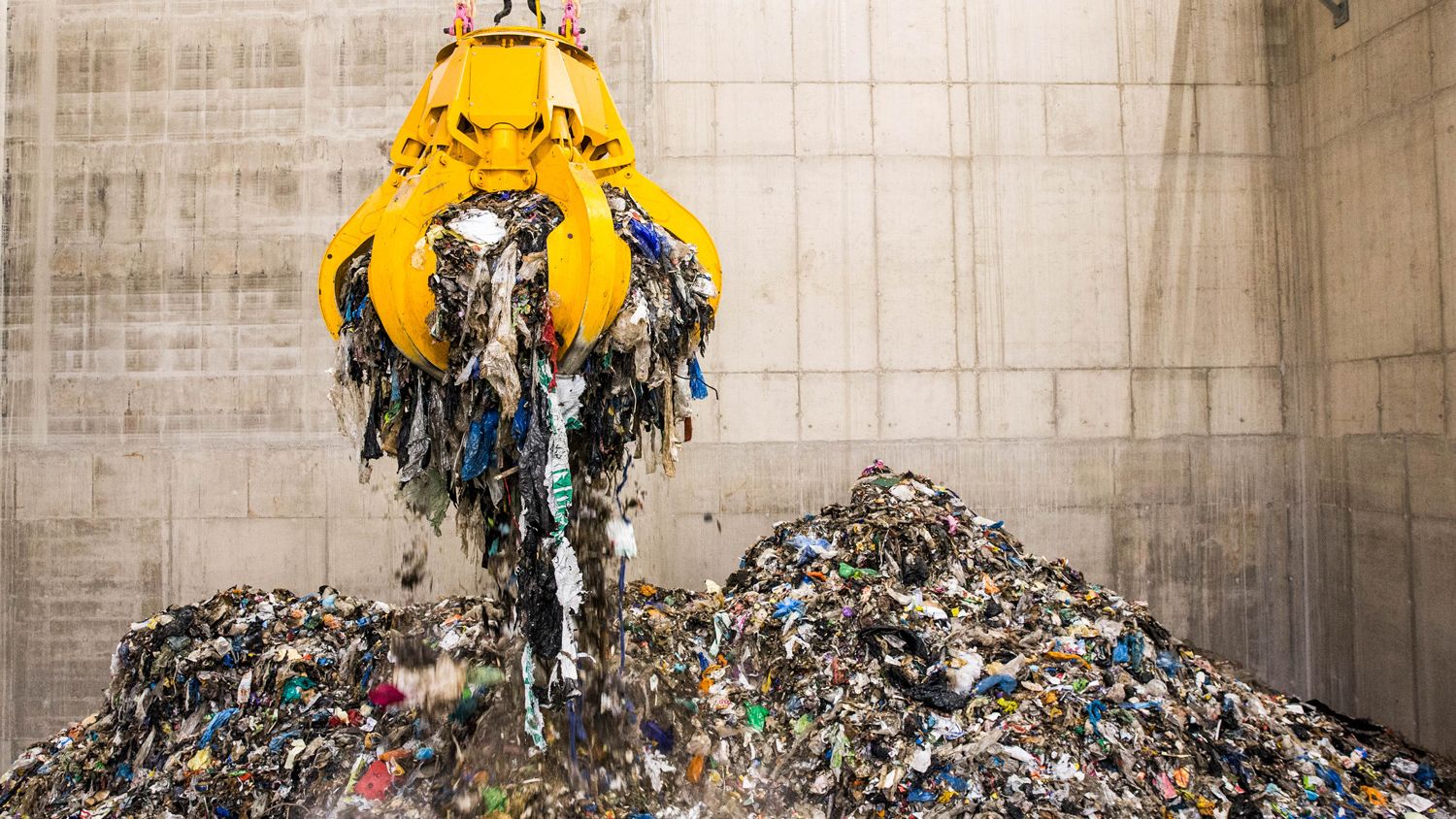
The United Kingdom faces a growing challenge: managing the mountains of plastic waste produced every year. As public awareness of plastic pollution and climate change intensifies, UK companies are stepping up with innovative solutions waste plastic to Energy recycling uk that not only tackle the plastic crisis but also contribute to the clean energy revolution.
One of the most exciting developments in this space is the transformation of waste plastic into energy—a process that combines environmental responsibility with technological innovation. In this article, we’ll explore how UK companies, such as QM Recycled Energy Ltd (QMRE), are leading the charge in plastic-to-energy recycling, offering scalable, sustainable, and economically viable solutions.
The Plastic Problem in the UK
The UK generates approximately 2.5 million tonnes of plastic waste annually, with a significant portion still going to landfill or being incinerated. While recycling rates have improved over the years, a large amount of plastic, especially mixed or contaminated types, remains unrecyclable through traditional methods.
This is where advanced recycling technologies come into play, particularly those capable of converting plastic waste into energy or reusable fuel products.
The Rise of Advanced Recycling Technologies
Unlike conventional recycling, which typically downcycles plastic into lower-quality products, advanced plastic recycling can break down plastics into their original monomers or convert them into fuels, oils, or gases. One of the most promising methods gaining traction in the UK is thermolysis.
What is Thermolysis?
Thermolysis is a process that involves the thermal decomposition of plastic waste in an oxygen-free environment. This technology allows plastics to be broken down into valuable outputs such as:
- Synthetic gases
- Recycled carbon fuels
- Energy-rich oils
Leading the way in this space is QM Recycled Energy Ltd, a UK-based thermolysis recycling company specializing in converting plastic waste into clean, low-carbon fuels.
QMRE: Pioneers in Plastic-to-Energy Technology
QMRE has developed a highly efficient, scalable thermolysis process that can convert virtually all types of plastic waste—whether clean or contaminated—into usable energy products. Their goal is not just recycling, but creating a closed-loop solution that reduces environmental impact and supports the circular economy.
Their proprietary technology has positioned them as a leader in the UK's efforts to transition from traditional waste management to waste-to-energy recycling.
Environmental and Economic Benefits
1. Reduced Landfill Waste
Converting plastic into energy drastically reduces the volume of waste going into landfills. Since thermolysis can process even the most difficult-to-recycle plastics, it offers a solution for the vast amounts of plastic that currently have no end-of-life strategy.
2. Energy Recovery
The energy content of plastic is comparable to traditional fuels like diesel. By recovering this energy through recycling, companies like QMRE can contribute to the renewable energy mix while reducing dependence on fossil fuels.
3. Lower Carbon Emissions
Compared to incineration or landfilling, thermolysis produces significantly lower greenhouse gas emissions. It also helps in displacing fossil fuels with recycled carbon fuels, thereby supporting the UK’s commitment to achieving net-zero emissions by 2050.
Why Plastic-to-Energy is Gaining Momentum in the UK
The UK government has set ambitious targets for reducing plastic waste and increasing the use of renewable energy sources. This includes banning single-use plastics and increasing Extended Producer Responsibility (EPR) for packaging.
In this context, plastic-to-energy companies play a crucial role by:
- Offering scalable solutions for hard-to-recycle plastic waste.
- Providing alternative fuels for industries like shipping, manufacturing, and power generation.
- Supporting local councils and private sectors in reducing landfill dependency.
With companies like QMRE at the forefront, plastic recycling is no longer just a sustainability initiative—it’s becoming a clean energy solution.
Challenges and the Road Ahead
While the technology is promising, several challenges remain:
- Public Perception: There is still some skepticism around converting plastic into fuel, often due to confusion with incineration.
- Regulatory Frameworks: UK policies are evolving, but clearer guidelines and incentives could accelerate the adoption of advanced recycling technologies.
- Investment Needs: Scaling up thermolysis plants requires significant capital investment and long-term support.
Despite these hurdles, the momentum is building. Innovative companies, environmental advocates, and forward-thinking policymakers are working together to create a more sustainable future.
Final Thoughts
The plastic waste crisis requires urgent, innovative, and scalable solutions. The transformation of plastic waste into clean energy through thermolysis and other advanced recycling methods is proving to be a game-changer for the UK.
Companies like QM Recycled Energy Ltd are not just recycling—they’re redefining what’s possible. By converting plastic into recycled fuels and energy, they are offering a sustainable path forward in the fight against plastic pollution and climate change.
If you're looking to partner with a thermolysis recycling company in the UK, or simply want to learn more about plastic-to-energy recycling, QMRE is a pioneer in this fast-growing field.